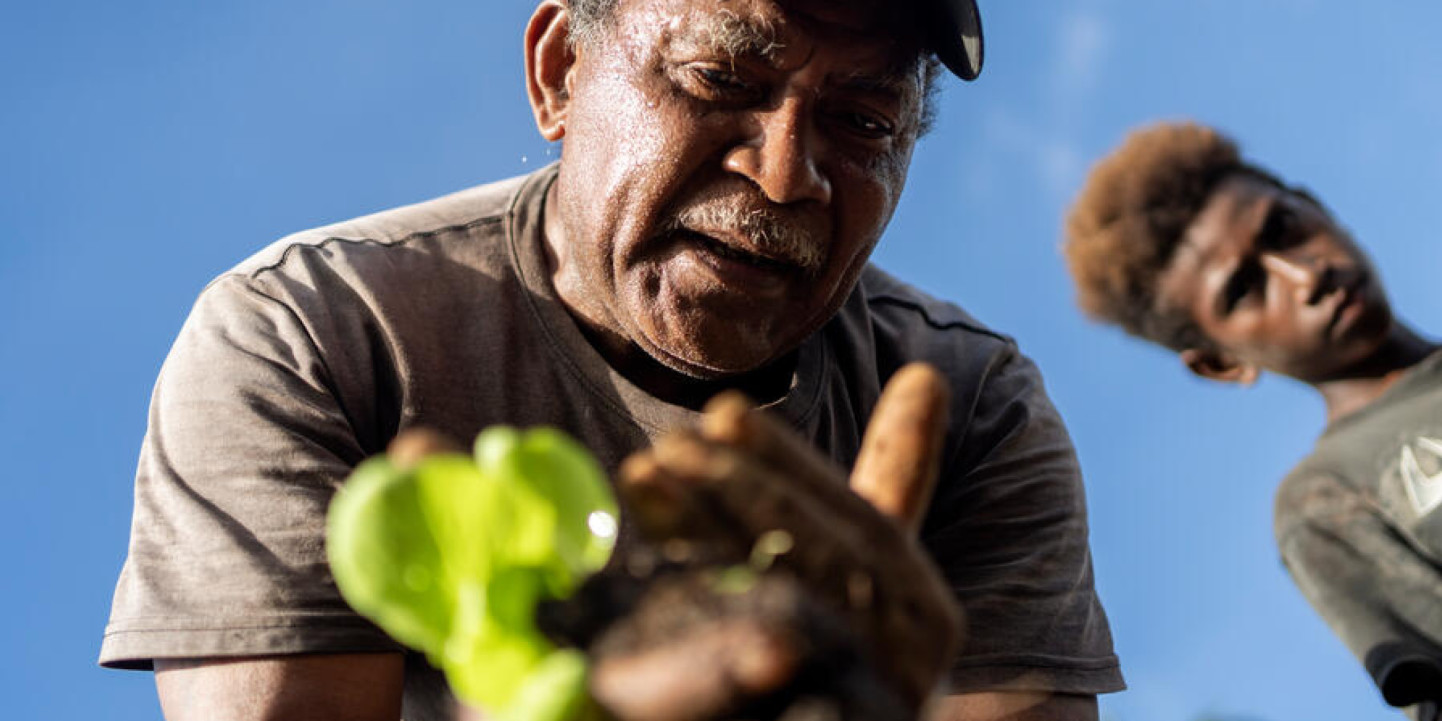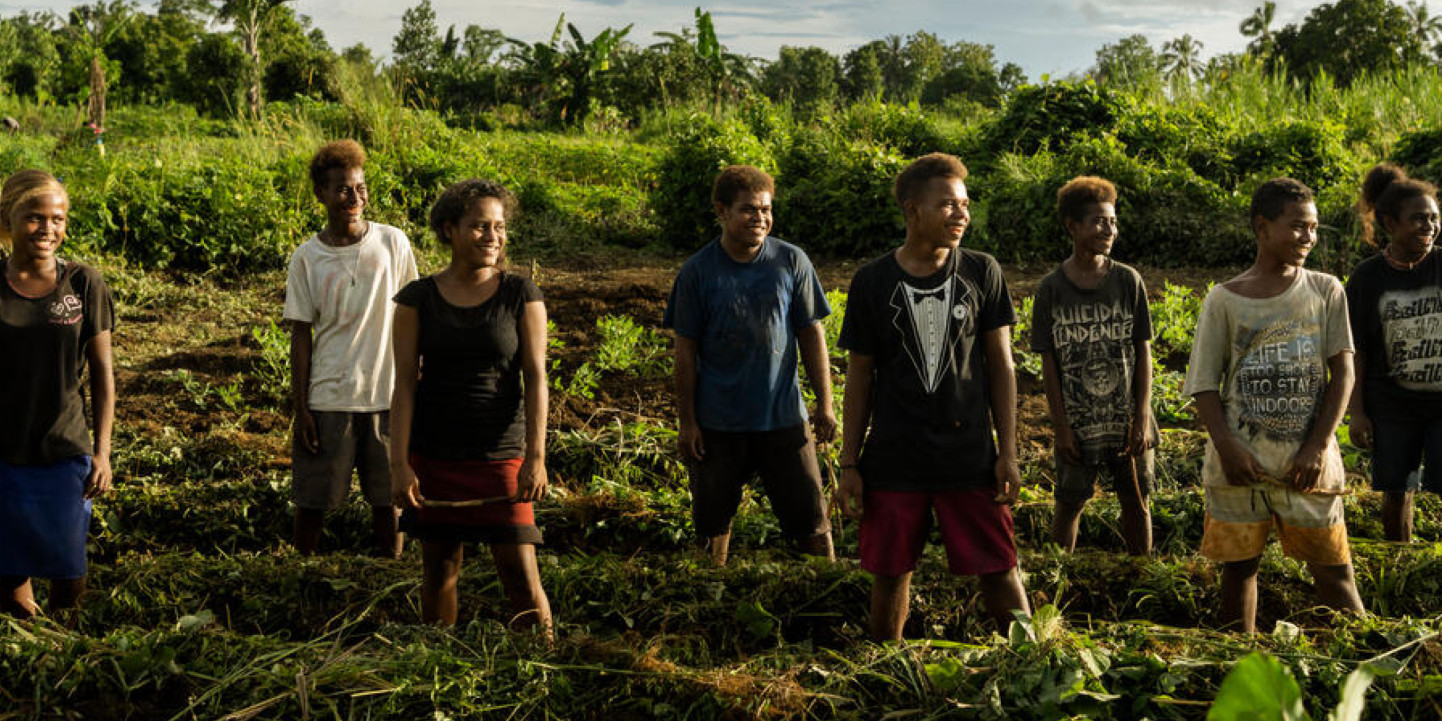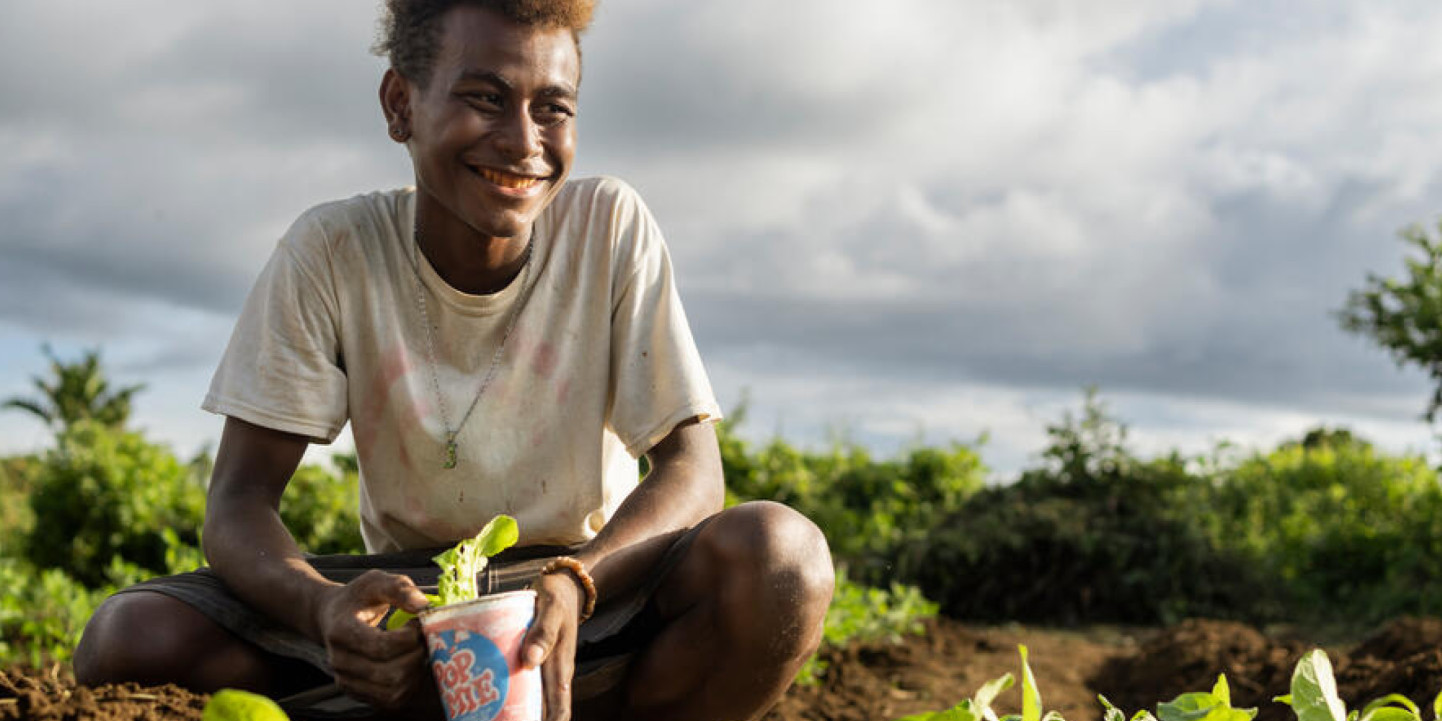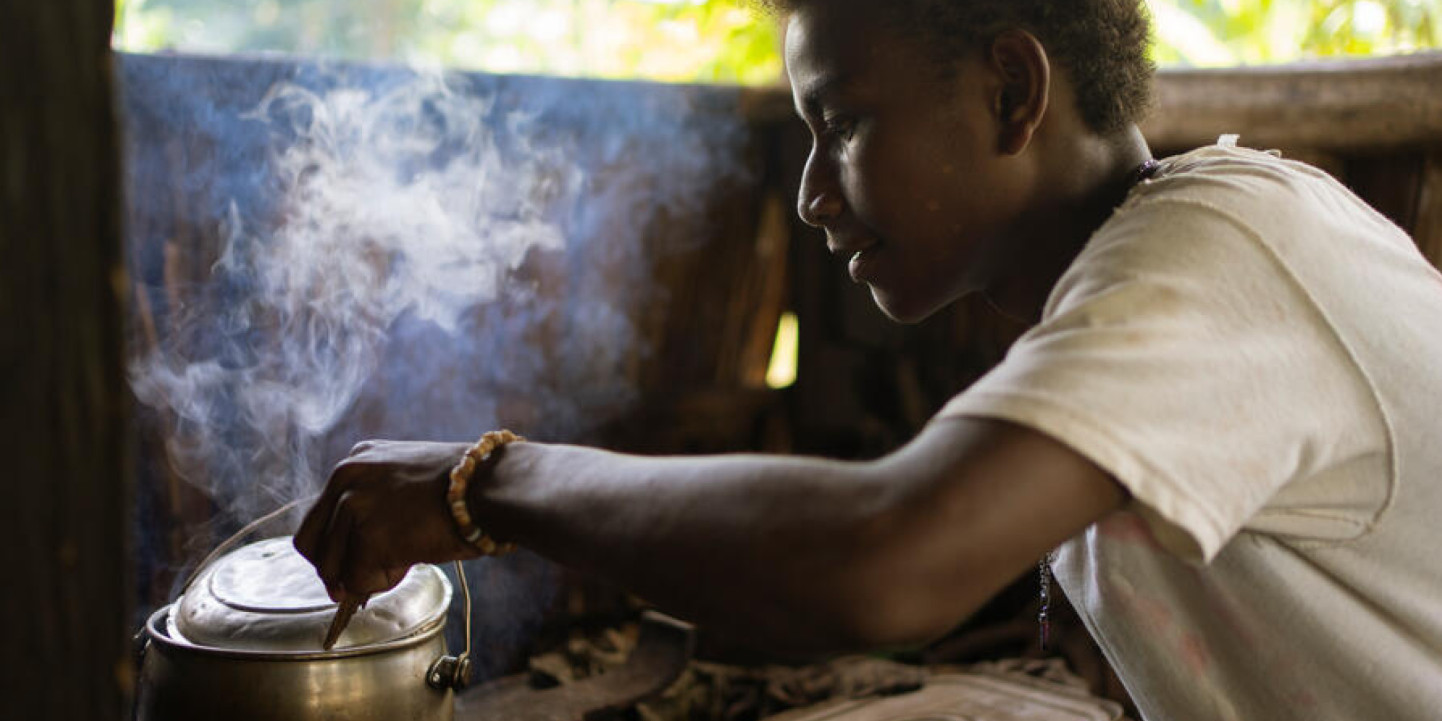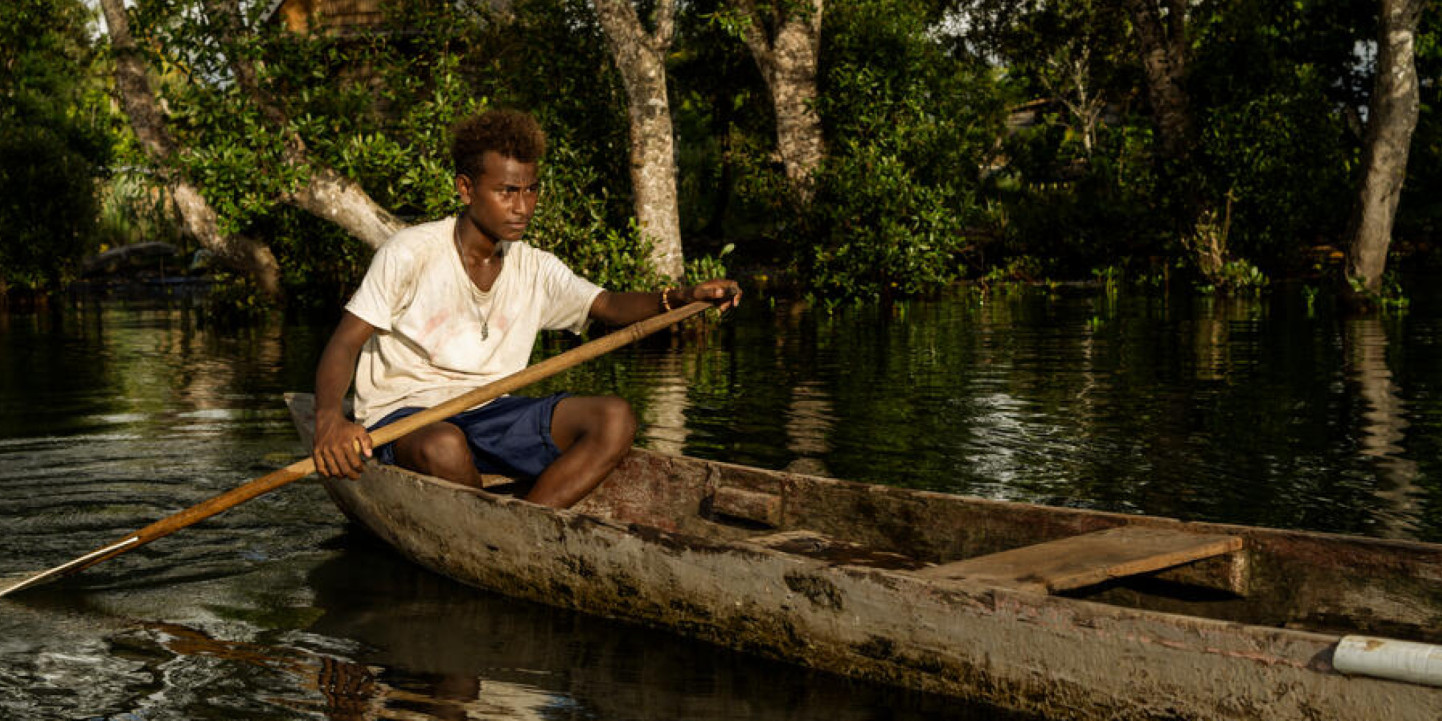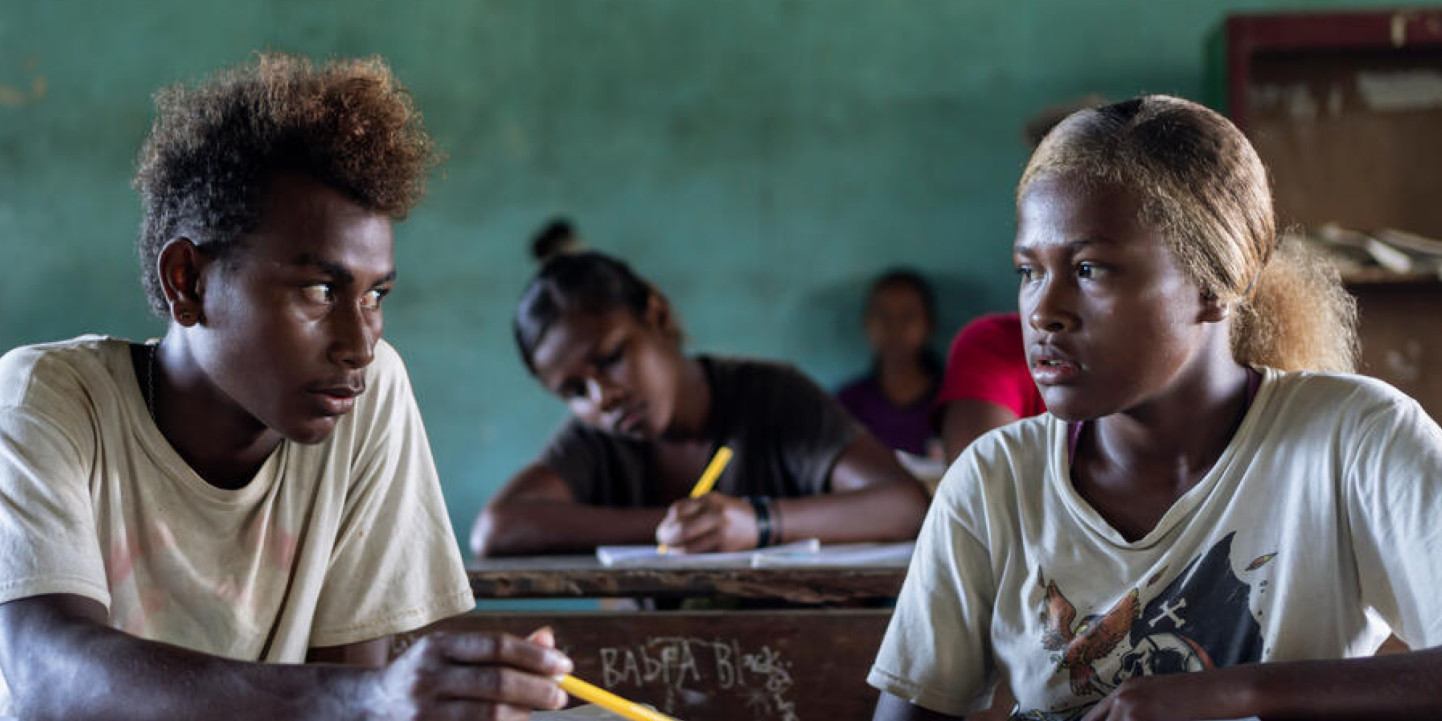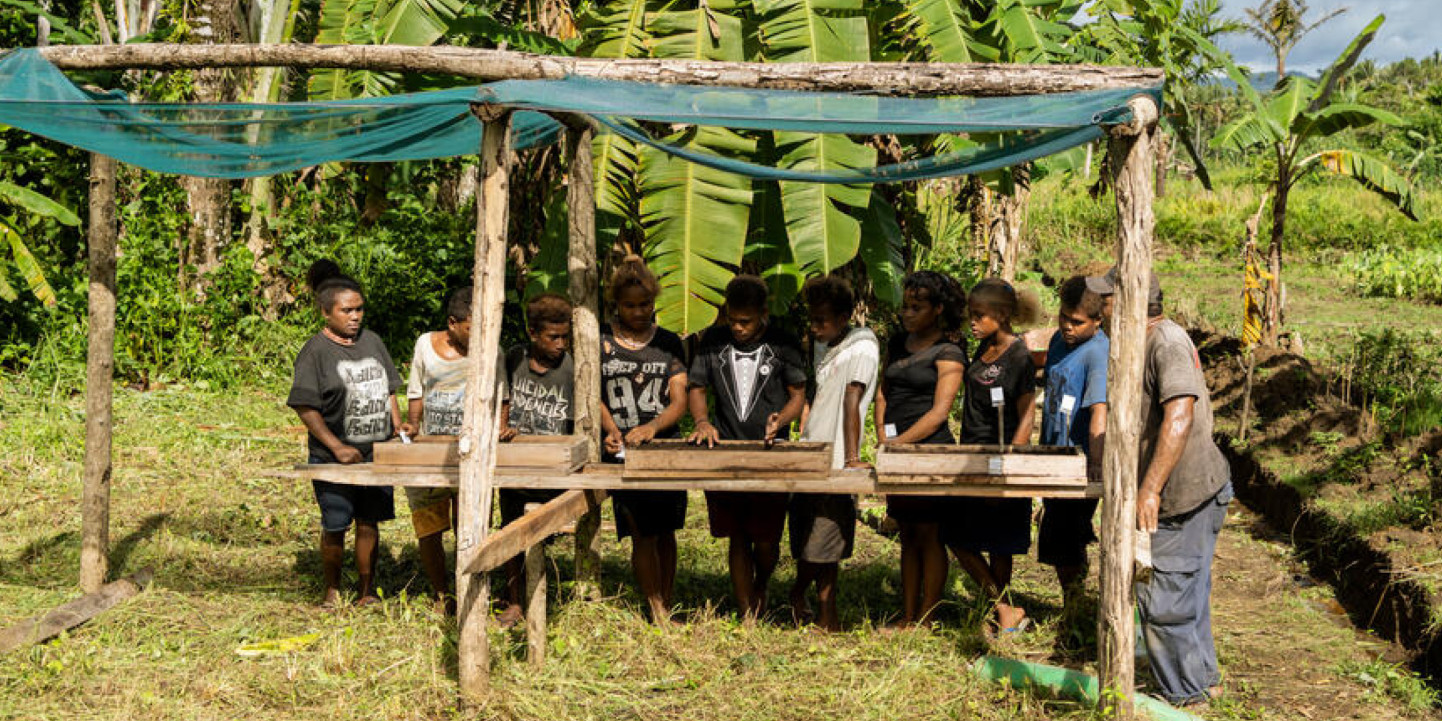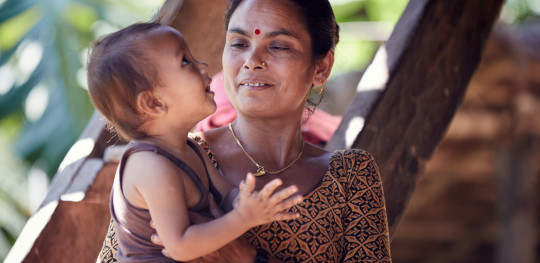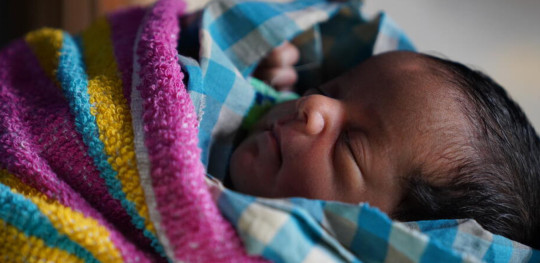Growing resilient communities in Solomon Islands
Solomon Islands is one of the most vulnerable countries in the world to climate change and ranks second in global disaster risk. Rising sea levels, combined with ferocious storms have flattened homes and killed the crops that so many families rely on. By supporting Solomon Islanders to apply permaculture techniques to their crops, we're helping communities build sustainable, climate adaptive gardens to deal with climate change, increase food production and improve the nutrition of children.
Why families in Solomon Islands need help building resilience
The impacts of climate change are directly affecting food security in rural villages, home to approximately 80% of the Solomon Islands population. Most rural families rely on agriculture to feed their families and earn an income, but drought, cyclones and sea level rise have reduced soil fertility and yields. And as the changing climate continues to cause more extreme weather events, and impact communities across the country, Save the Children is helping young people and their families adapt for challenging times ahead.
Save the Children’s Growing Food, Resilience and Livelihoods Project
Save the Children’s Growing Food, Resilience and Livelihoods Project aims to increase food production and climate change resilience across 15 communities. Initially planned for one year, the project has now been extended into additional communities.
Families are trained in climate-smart agriculture and are able to practice new skills in demonstration gardens. We’ve provided resilient seed varieties and tools, have installed water tanks and micro-irrigation systems, and taught communities to create seedling nurseries.
Young people, like Junior, 16, and their families are also taught how to make their gardens more resilient through practical measures such as covering plants with leaves and grass to combat intense sun, digging drains to minimise flooding, and planting legumes to increase soil fertility. They are trained in composting, mulching, fertiliser production, and pest control.
How we know we're making a difference
The impact on communities is significant. In the first year, crop yields were increased due to improved soil fertility, protection from extreme weather, and the adoption of new agricultural practices and crop varieties. Households had a wider variety of vegetables and more food to eat, crops were healthier and more productive, and there was surplus to sell. Because the project was such a success, it is now being extended to additional communities.
In its first year:
- 57% of households grew new crop varieties because of the training.
- 81% rated their improvement in knowledge in vegetable gardening as high or very high.
- 93% of households had access to a water source for gardening, compared to 67% at baseline.
- 85% of households made improvements to how they planted staple crops, and 77% made changes to how they grow vegetables.
- 32% of households had changed the location of their gardens to make them more resilient.
- 71% of households that experience natural disasters perceived their gardens to be more resilient because of the project.
- 80% of households that sell their produce expected their income would increase due to the project.
- 83% of households can provide a range of nutritious fruit and vegetables all year round to children.
Meet Junior
The numbers above tell the story of children and families who have been helped. Young people like 16-year-old Junior, who lives with his mum Esther, dad Kalisto, and siblings Selarino, 13, Lucy, 11, Alan, seven, and Rex, in a community affected by rising sea levels in Malaita province.
When it’s high tide the sea water comes into his home and damages it. He often feels scared and afraid. Junior’s family garden has been destroyed by saltwater and sometimes the family go hungry as a result.
“When the rising sea level spoils or destroys our gardens, I usually feel sad and sometimes I feel sick because I have nothing to eat,” says Junior.
Junior and mum Esther have taken part in trainings we’ve run in their community, as part of our Growing Food, Livelihoods and Resilience program, which is supporting communities to build sustainable, climate adaptive gardens and increase food production. They’ve learned about practices like mulching, that is helping to improve the quality of the soil in their garden.
“Mulching is a practice that improves the soil, so when we plant crops like potatoes they do not die. When we apply mulching - when we try, our crops bear fruits - potatoes are so much more. In the past, we would harvest just a few potatoes, now we get more bearing bigger fruits” says Esther.
Who makes our programme possible
This project was originally supported by The Church of Jesus Christ of Latter-day Saints. We are now extending the project, which will be supported by our generous regular givers, whose monthly contribution to our life-changing work in Aotearoa and around the world make projects like this possible.


